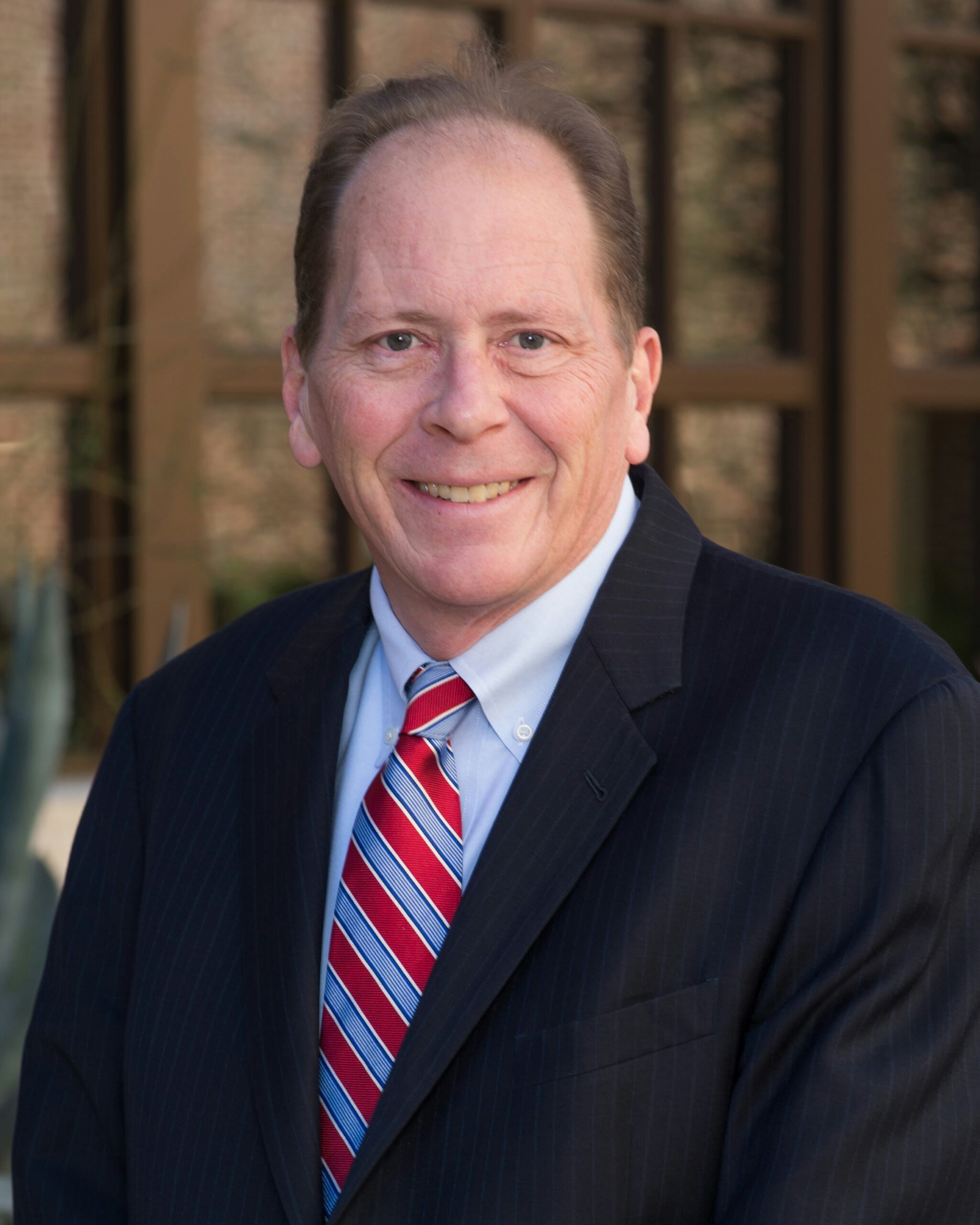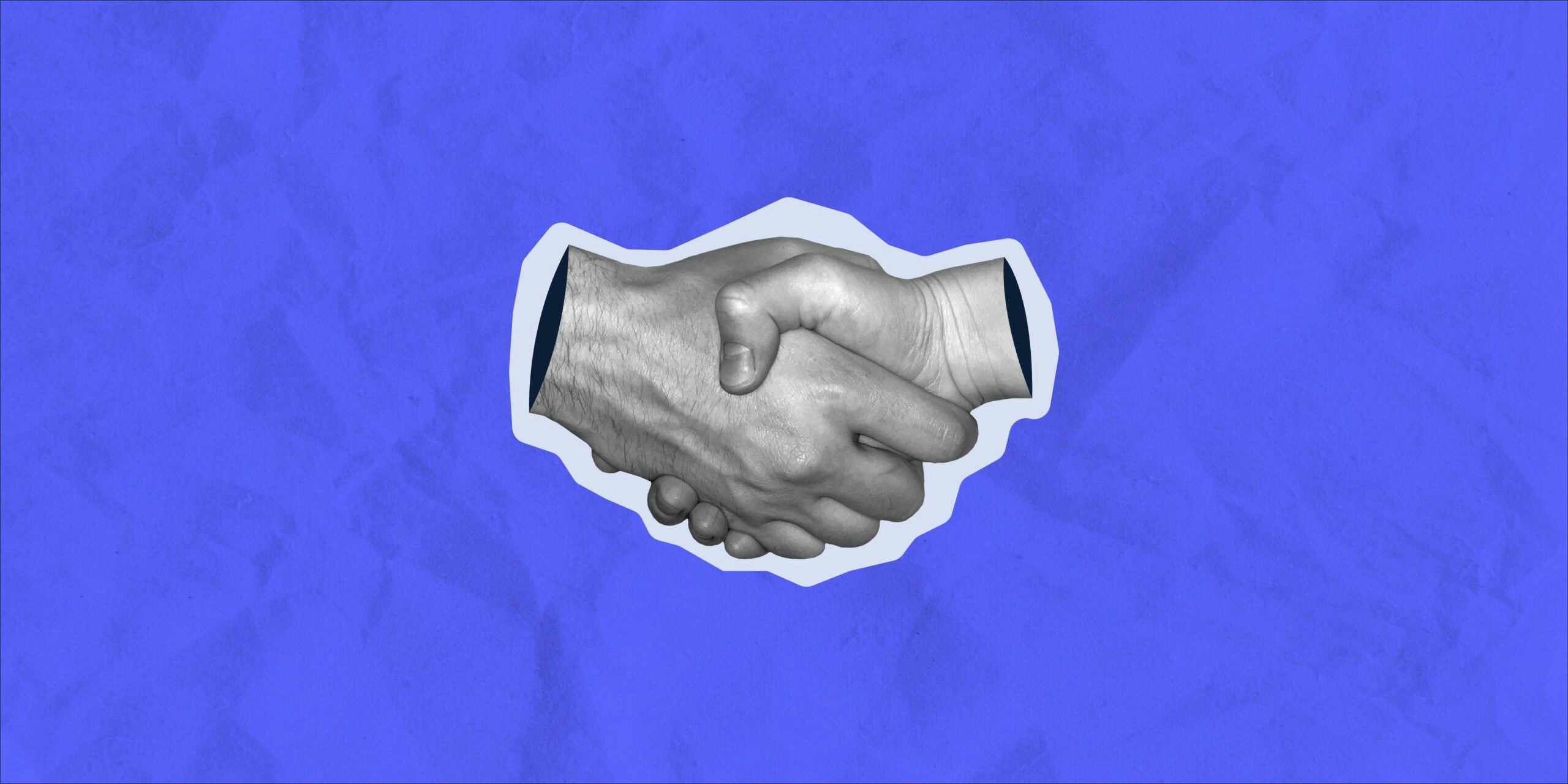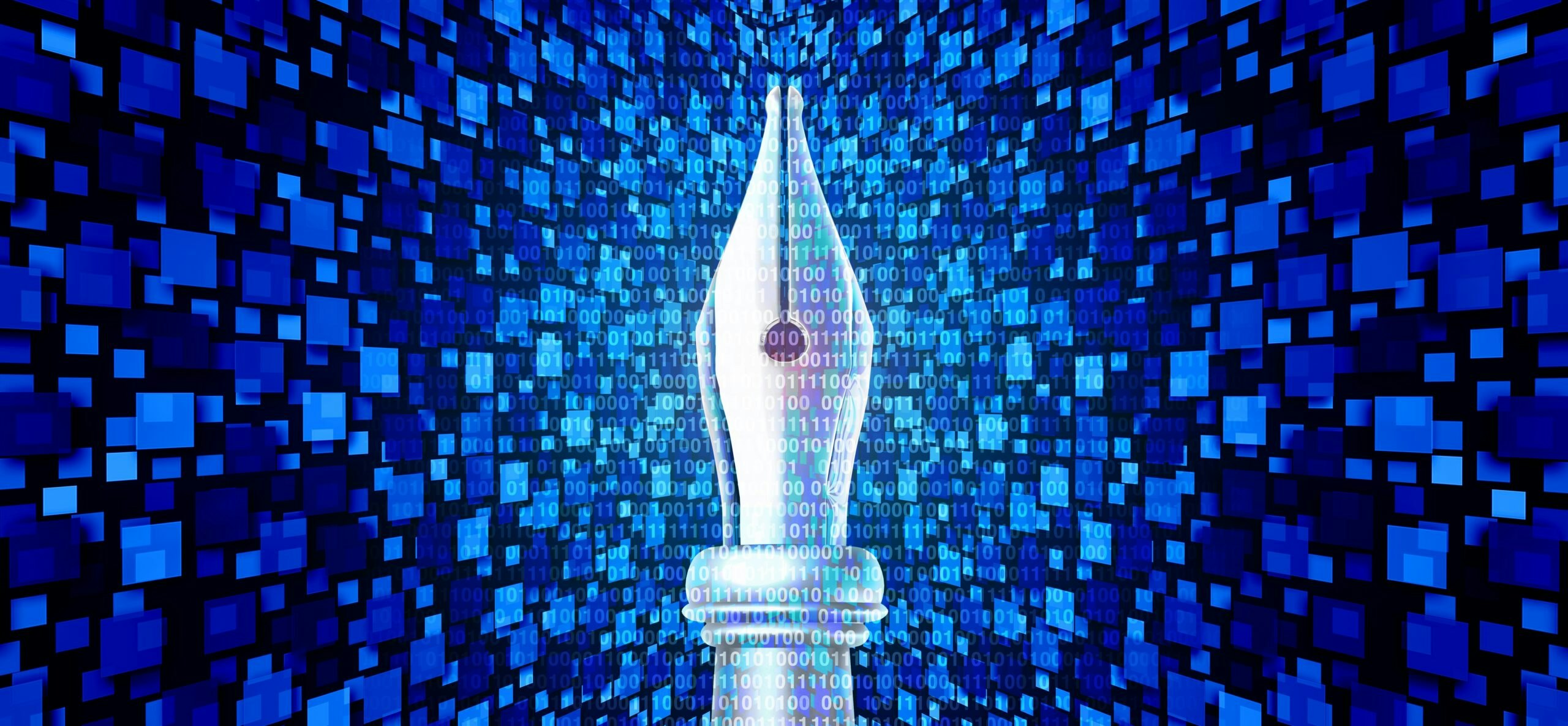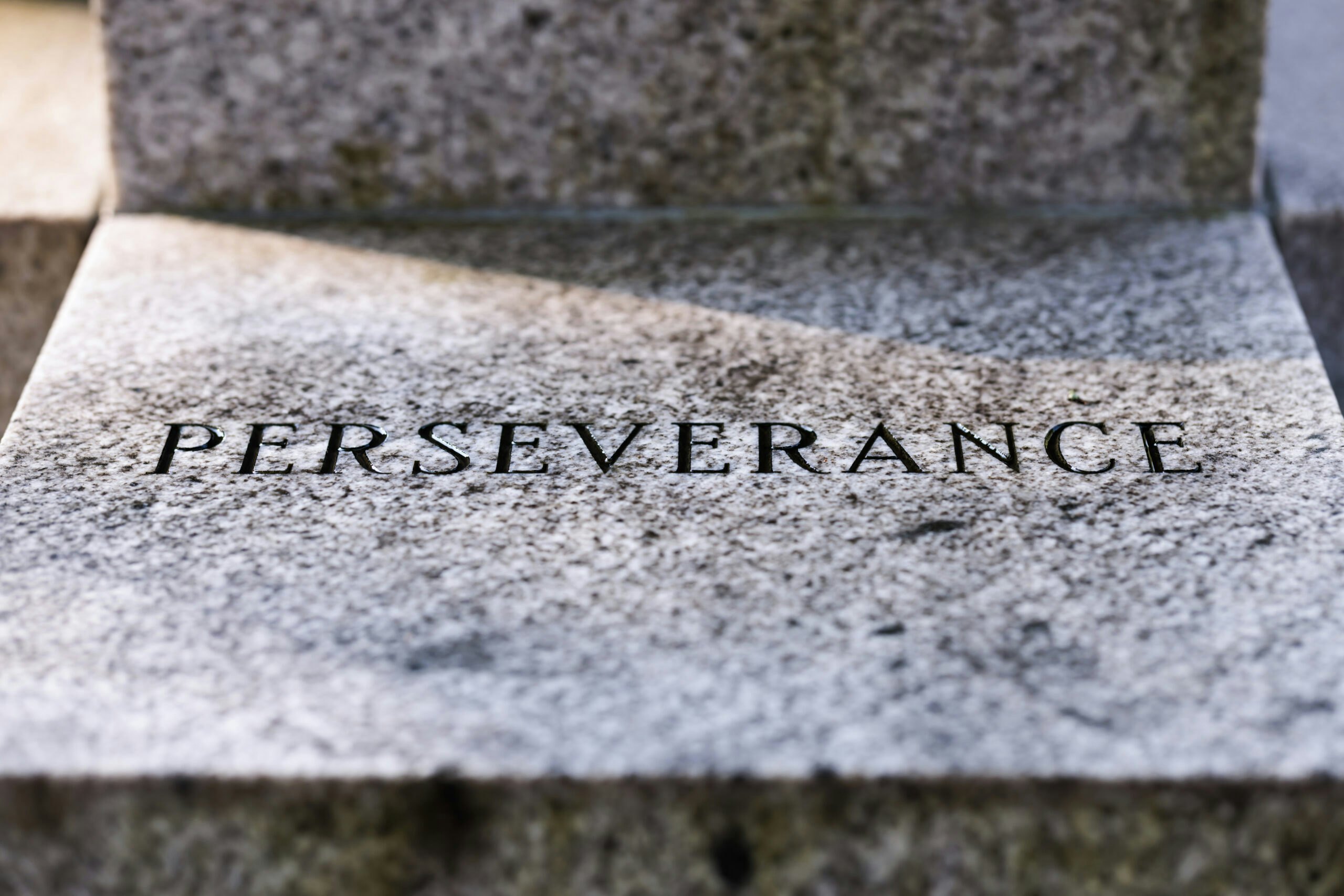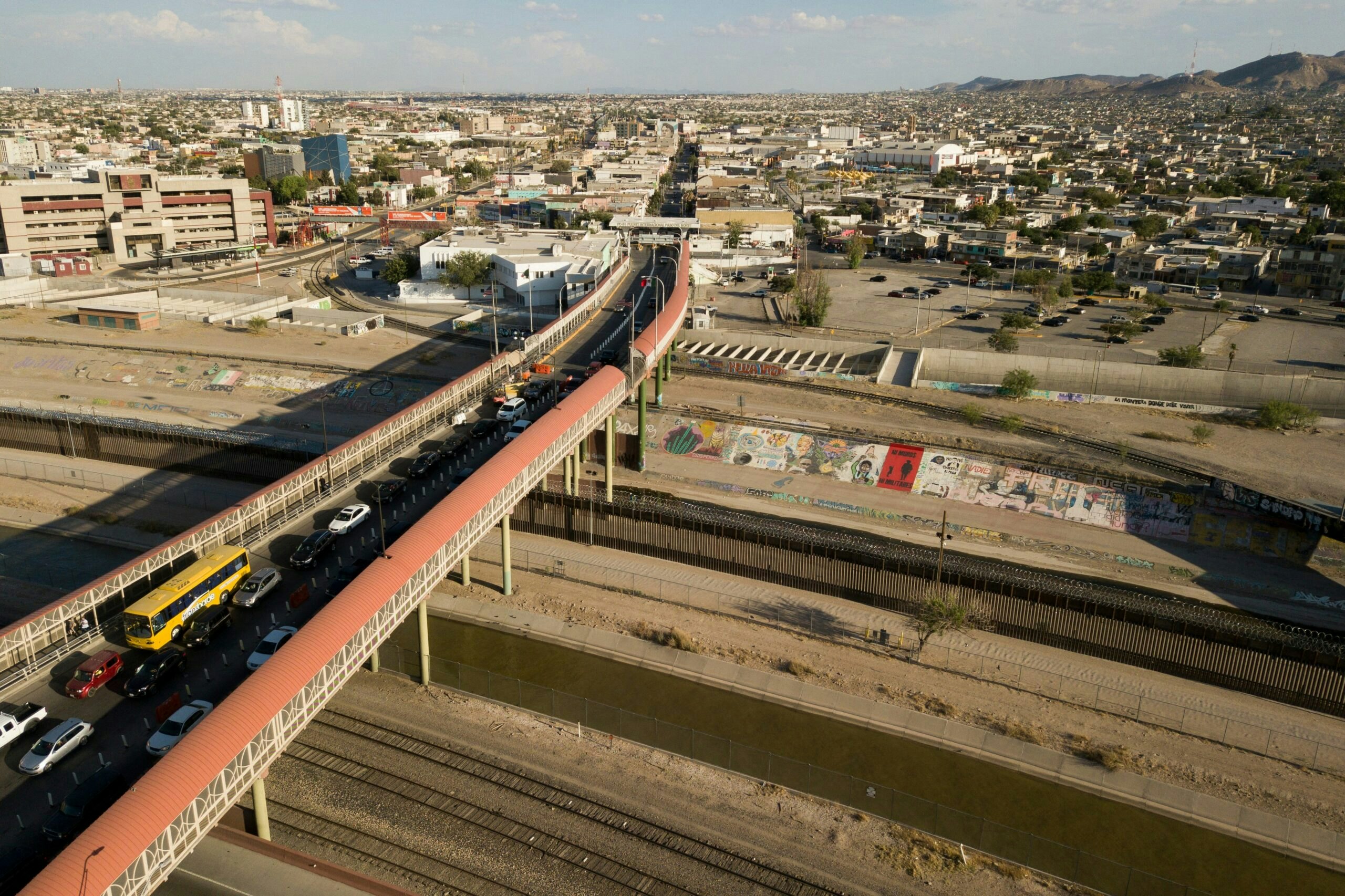“In God We Trust,” the national motto, appears on every American coin and dollar bill. But what does it mean for the character of the country if that no longer holds true?
“In God We Trust,” the national motto, appears on every American coin and dollar bill. But what does it mean for the character of the country if that no longer holds true?
Most Americans have long believed that divine providence has been central to the establishment and flourishing of the nation. The history we were taught begins with the Pilgrims, who sought refuge in the New World, to escape persecution in the Old. Roger Williams founded the colony of Rhode Island as a refuge for those facing religious persecution in Massachusetts. Thomas Jefferson, the principal author of the Declaration of Independence, wrote that all men are endowed by their Creator with certain unalienable rights, that among these are life, liberty, and happiness. Abraham Lincoln ended slavery in the Emancipation Proclamation by “the gracious favor of Almighty God.” Religious conviction has inspired social change throughout American history, most importantly the civil rights movement, which was largely led by clergy and relied on religious teaching for much of its power.
Religious freedom is a cornerstone of a democratic society. In America, politicians and the general public have long held that the nation was ordained by a higher power. But the trend in the United States is mirroring a process that’s been underway for decades in Western Europe: the rise in numbers of people with no religious affiliation – the “nones.”
In a 2019 study, Pew found that the portion of the population describing themselves as Christian had declined by 12 points in the space of a decade. While other religions, especially Islam, have grown as a share of the population, the biggest growth occurred among those with no religious affiliation. According to Pew, the nones grew from 17 percent in 2009 to 29 percent in 2019.
How will America change as more Americans are religiously unaffiliated, even if they see themselves as ‘spiritual’ and believe in God?
In Europe, secularization is several years ahead of the United States. While the percentage of European nones is roughly the same as in America, European Christians are far less likely to attend religious services or pray regularly than their counterparts on the other side of the Atlantic. How will America change as more Americans are religiously unaffiliated, even if they see themselves as “spiritual” and believe in God?
Religious belief touches on many of the great conflicts in our society, most notably abortion, but also issues ranging from education to racial reconciliation to issues of equity and fairness in the economy.
Rev. Richie Butler, who leads St. Luke Community United Methodist Church, a prominent Black church in Dallas, adds a further category of the religiously unaffiliated – the “dones ” – those who for whatever reason have opted out of organized religion. Pastor Butler points to the need for the church to engage in some introspection. “As we unpack this issue, we will see that part of their rise is because, in many instances, religion has been the great divider,” he explains in his Democracy Talks interview. “It has undergirded wars and forms of oppression. Some want something more authentic and feel like they can find that on their own versus going to a house of worship. Religious leaders have to ask where we have dropped the ball.“
Religious institutions have long served as a sort of societal glue, addressing social problems as part of their mission. Eboo Patel, the Founder and President of the Interfaith Youth Core, a nonprofit dedicated to promoting interfaith dialogue, notes the importance of religious institutions in establishing and nourishing community institutions such as universities, hospitals, and other non-profits such as the YMCA and Southern Baptist Disaster Relief. Patel contends that we expect all these institutions to welcome all comers and, indeed, they do. There is no reason to believe that these institutions will wither away, even if more and more Americans shun religious services.
The effect on our politics over the long term may be more important. One need look only at the rapid evolution of attitudes on LGBT issues, such as same-sex marriage. While overall societal attitudes have shifted toward tolerance, attitudes have changed more swiftly among the young and the nones. Will those shifts lead to greater support for abortion rights or civil rights measures, for example?
America’s historical allegiance toward religious freedom is no longer just a sometimes grudging tolerance of the other in a largely Protestant nation and culture. Just as the concept of religious freedom expanded to include the Catholic and the Jew as fully American, that concept can expand to embrace the Muslim or Buddhist. So, too, it can embrace those with no religious membership or beliefs, because the freedom to worship as one chooses also means the freedom not to worship at all.
Our concept of religious freedom has never been static. As America’s concept of who is an American has expanded, our notion of religious freedom has expanded as well. While not all of us may trust in God, we can be confident that the idea of religious freedom protects the believer and nonbeliever alike.
As Rev. Butler puts it, “We all should be evolving, and those who are ‘done’ and those who are ‘none,’ they’re helping religion evolve. That is healthy.”

